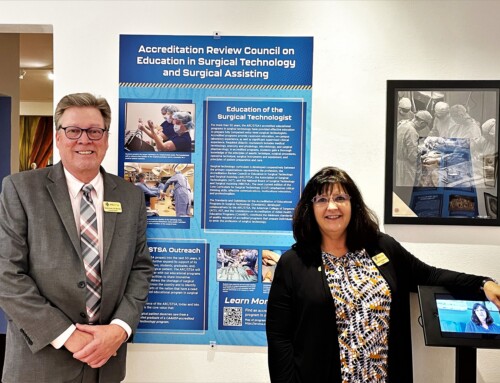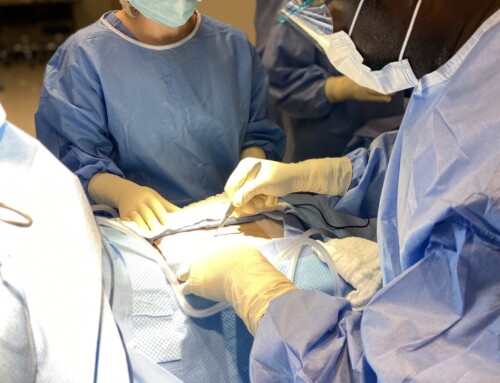All program directors know it takes the input and collaboration of many individuals and entities to make a program run: the college, administration, dean, staff, students, accreditation agencies, and communities served all play a role. One key element every institution needs to obtain and maintain accreditation for its surgical technology and surgical assisting programs is an advisory committee. The purpose of these committees is to assist educators and administrators in assessing a program’s goals and learning domains, and providing feedback. In other words, advisory committees help programs run successfully. However, they can be difficult for program directors to manage.
- Prepare a succinct invitation for the advisory committee to let them know when the meeting will be held. Include with the invitation a response form so that you will know who will be attending.
- A brief orientation is recommended for new members so they understand how the process works and what is expected of them.
- Be transparent with your advisory committee about pass rates and employment outcomes. This will allow them to help the program re-evaluate its goals and determine where adjustments need to be made.
- Takes notes as you go during the meeting using your agenda to construct your minutes. Then, get your minutes to the committee while things are still fresh in their minds.
- Show the committee what you have done to improve your program as a result of their feedback and suggestions.
- Give your administration the opportunity to present college-wide updates, as well as where they see the program heading in the future.
- Must-review items include program objectives and specific program outcomes, expectations of committee members, whether the program is meeting all expectations, and any changes to the program handbook.
- It is important to know how your graduates are viewed within your community. Look to your advisory committee for candid feedback and any steps that need to be taken to correct any issues.
- Avoid institutional imbalance. Outside members may believe that their opinions have less value if the committee is comprised primarily of staff members.
- Treat advisory committee meetings with intention: although they are a requirement, they should not be held solely to meet the bare minimum standards. The most benefit comes from face-to-face meetings with all communities of interest represented.



